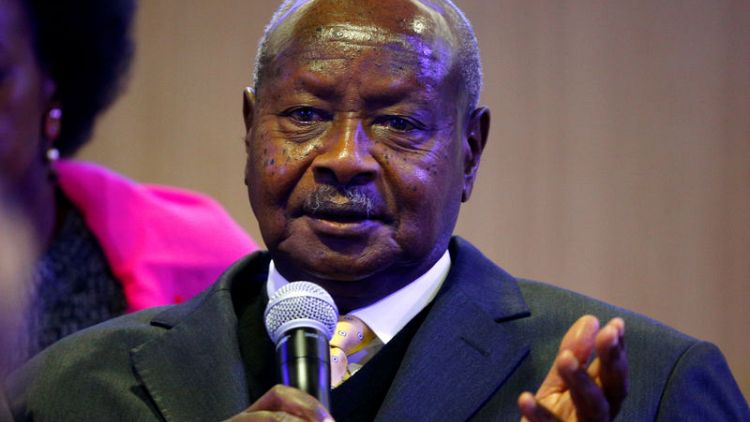KAMPALA (Reuters) - Uganda has arrested eight local people suspected of involvement in the kidnap of an American tourist and her guide last week, the government said on Wednesday.
Kimberley Sue Endecott, 35, and local guide Jean Paul Mirenge-Remezo were ambushed and seized by gunmen as they drove in Queen Elizabeth National Park in southwest Uganda on April 2.
The kidnappers demanded a ransom of $500,000 and the pair were released six days later.
Confirming the arrests on a government Twitter account, spokesman Ofwono Opondo said he hoped they would help break a larger criminal network in Uganda and neighbouring Democratic Republic of Congo. Ugandan police had announced arrests on Tuesday, but not given the number.
The firm that organised Endecott's safari said she and her guide were released after a "negotiated settlement" and a Ugandan official also said a ransom was paid.
But Opondo contradicted that.
"The policy of the (government of Uganda) is that we don't pay ransom. What you have been hearing is just rumour-mongering," he said.
Given the importance of income from tourism, President Yoweri Museveni's government was eager to solve the case and restore a feeling of safety in national parks.
In 1999, an American couple, four Britons and two New Zealanders were killed along with four guides after being ambushed by gunmen in the Bwindi Impenetrable National Park.
(Reporting by Elias Biryabarema; Editing by George Obulutsa and Andrew Cawthorne)
